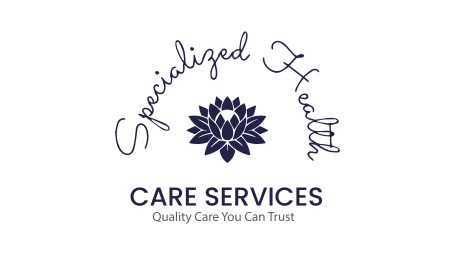SERVICES WE PROVIDE:
INNOVATIONS WAIVER AND B3 SERVICES
Community Living and Supports
Community Living and Support is funded through the North Carolina Innovations Waiver for adults with intellectual and developmental disabilities. The service enables individuals to successfully live in their own home and be an active member of their community. Staff will help individual learn or improve skills such as building relationships, living independently and becoming more involved in the community.
Community Networking
Community Networking is provided through the North Carolina Innovations Waiver to children and adults with intellectual and developmental disabilities. The service helps locate activities in the community that individuals would like to participate in. This may lead to good relationships with new people who can encourage and support people in meeting their goals and dreams.
Supported Employment
Provides assistance with choosing, acquiring, and maintaining a job for beneficiaries ages 16 and older for whom competitive employment has not been achieved and/or has been interrupted or intermittent. Initial Supported Employment assists individuals with developing skills to seek, obtain and/or maintain competitive employment or develop an operating a micro-enterprise. The transition to long-term supported employment should occur within one year of successful competitive employment.
Respite
Respite a service provided periodically (as needed) that gives a reprieve for caregivers and natural supports needing a break from the responsibilities of daily caretaking. Respite is offered for both periodic and residential support services.
Alternative Family Living, Residential Supports Levels 1-4
AFL service is performed in a staff’s home where individuals are free to live in a family setting with chosen staff. Members are given choices and options for residential support settings, including their bedroom preferences, furniture, and environmental preferences, and the freedom to create their daily schedules. Alternative Family Living staff members are responsible for daily caregiving and goal running for members in their homes, and 3M’s Services staff take this honor very seriously. AFL is an alternative to the group home residential model and ICF/institutional settings, providing meaningful social integration and membership in the community.
Supported Living Levels 1-3
A service for individuals living in their family home or with a desire to live in their own home with staff support of their choosing. Supported Living members are responsible for paying rent/mortgages and utilities in their own home or a Supported Living home of their choosing. Supported Living members can live with other Supported Living members or roommates of their choosing. 3M’s Services will help develop roommate agreements between the individuals.
Peer Support
Peer Support is identified in the following stages: Recovery is a process of change through which a beneficiary improves their health and wellness, lives a self-directed life, and strives to reach their full potential; to live, work, learn, and participate fully in their communities. Self-Determination is the right of an individual to direct his or her own services, to make decisions concerning their health and well-being, and to have help to make decisions from whomever they choose. Self-Advocacy is identifying and purposefully asking for what one needs. Health is learning to overcome, manage or more successfully live with the symptoms and making healthy choices that support one’s physical and emotional wellbeing. Lastly, Community is relationships and social networks that provide support, friendship, love, and hope.
1915i Respite
1915i Respite Service provides periodic support and relief to the primary caregiver(s) from the responsibility and stress of caring for children ages 3 to 21 with mental health, developmental disabilities, or substance use/addiction service needs, and for adults 21 and over with developmental disabilities. Persons receiving this service must live in a non-licensed setting, with non-paid caregiver(s). The primary caregiver is the person principally responsible for the care and supervision of the individual and must maintain his/her primary residence at the same address as the beneficiary.
1915i Supported Employment
B3 Supported Employment Service helps with choosing, acquiring, and maintaining employment for individuals ages 16 and older for whom competitive employment has not been achieved and/or has been interrupted or intermittent. The primary outcome of SE is competitive employment which is defined as a job that pays at least minimum wage, for which anyone can apply, and is not specifically set aside for people with disabilities.
Outpatient Therapy
Outpatient Behavioral Health services include:
Assessment
Treatment including
Individual and group therapy
Behavioral health counseling
Family therapy
We need your consent to load the translations
We use a third-party service to translate the website content that may collect data about your activity. Please review the details in the privacy policy and accept the service to view the translations.

